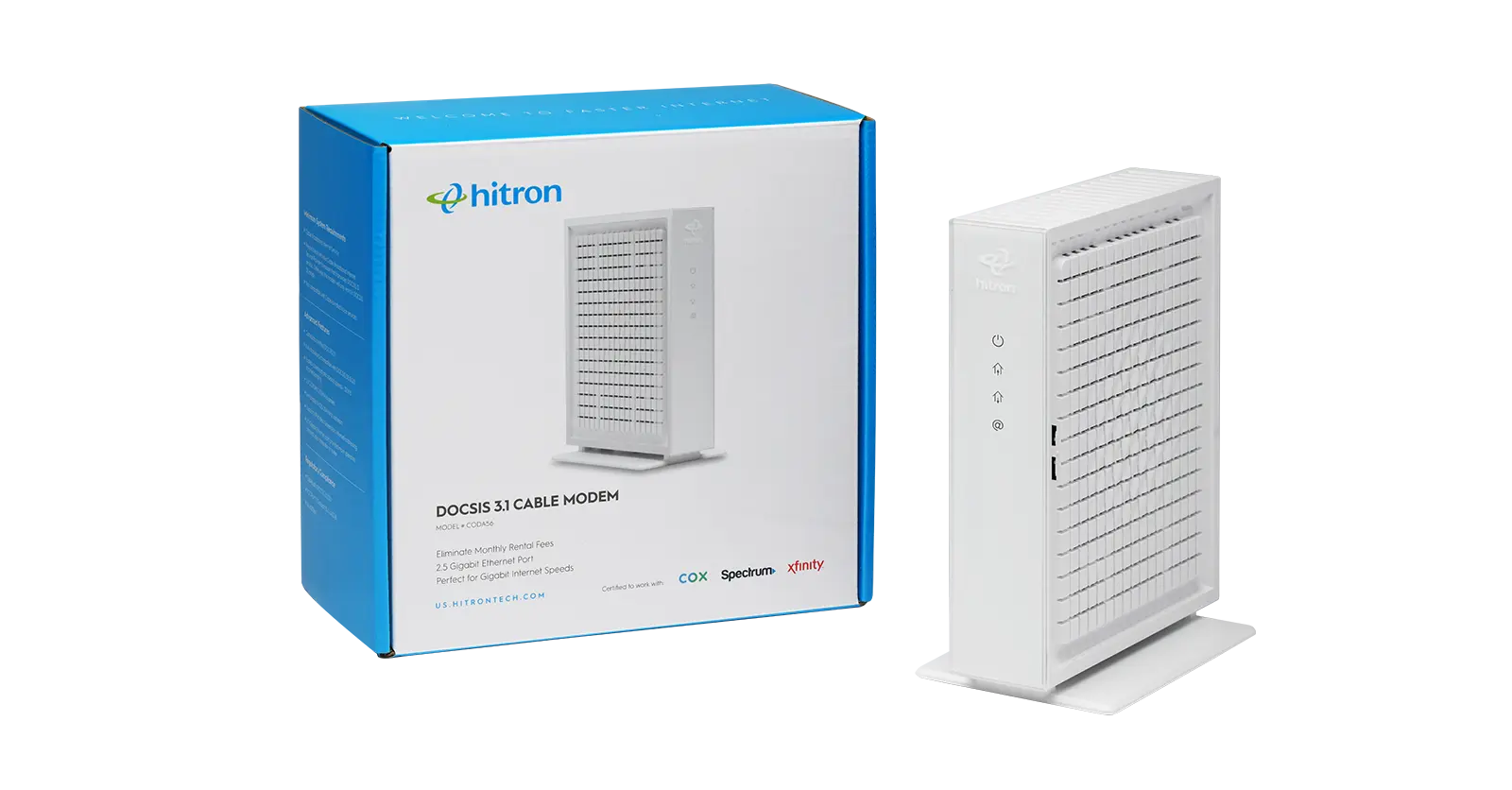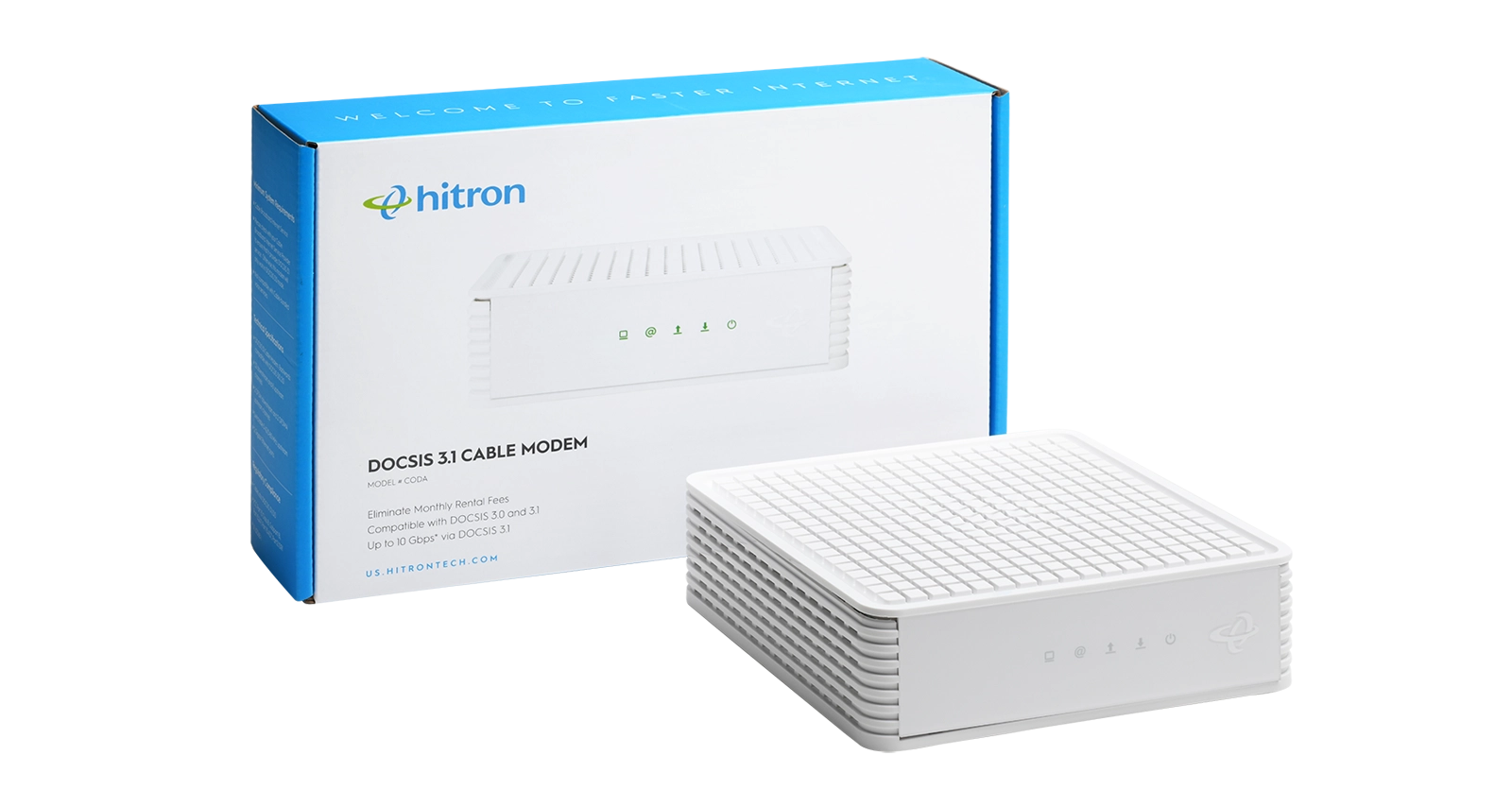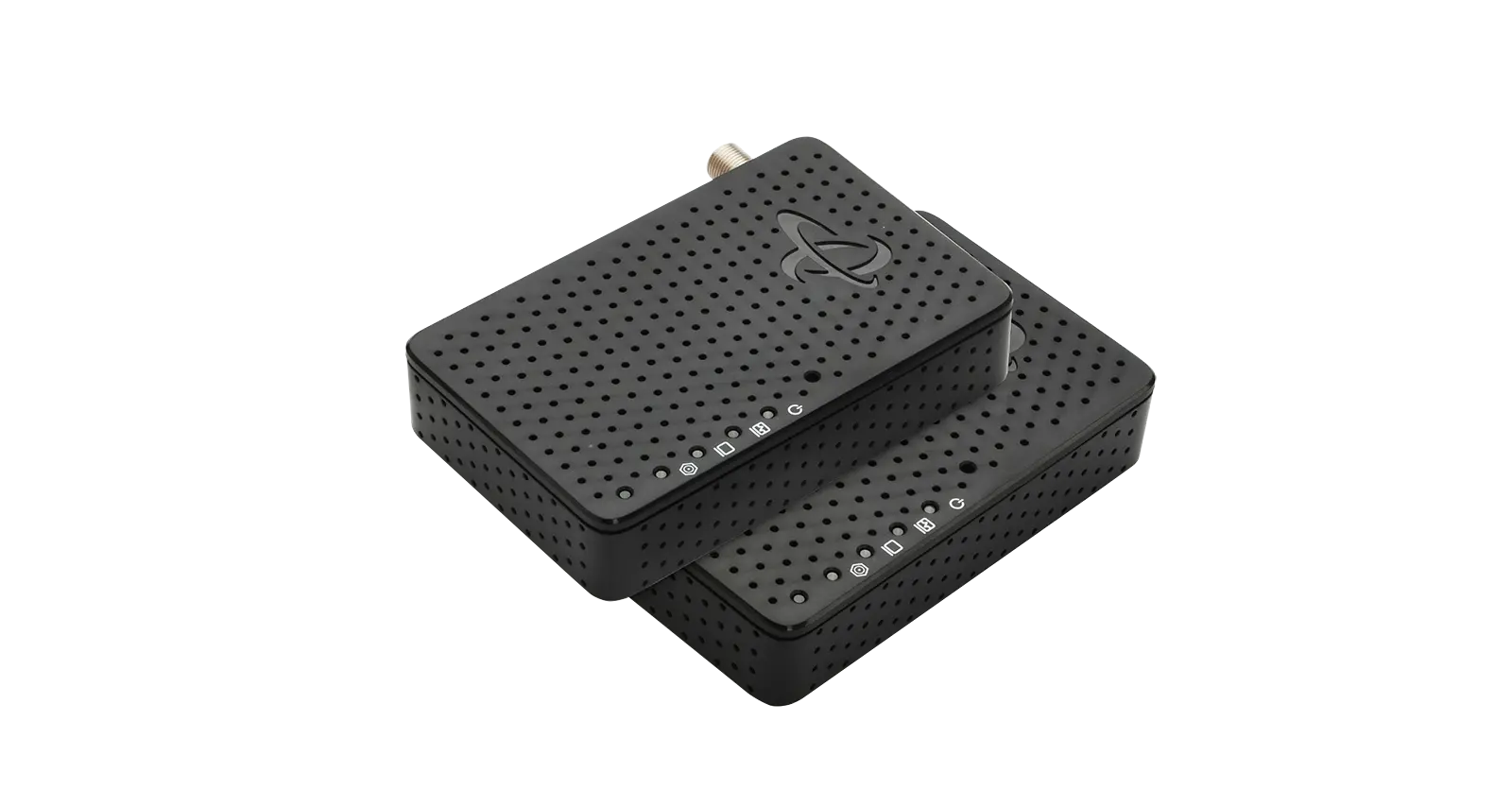WiFi and cellular Internet each have their pros and cons. Depending on your situation and needs, one may be better than the other. Here are some things to consider about when to use WiFi or cellular data (3G, 4G or 5G).
WiFi Pros & Cons
The biggest pro to using WiFi is that it is convenient. You should use WiFi when you know the network is secure, when you want fast Internet and if you have a limited cellular data plan.
WiFi Pros:
- You can connect a variety of devices to WiFi
- Offers a faster Internet connection
- Saves money where cellular data can get expensive fast
- More accessible while traveling internationally (and saves you money from data fees)
WiFi Cons:
- Requires using at least one router
- You need to connect to a network to access the Internet
- WiFi is affected by interference and limited range
- WiFi is vulnerable to privacy risks
Cellular Internet Pros & Cons
You should use cellular data when your only other option is to connect to a public WiFi network that is potentially not secure, if the WiFi is too slow, or if you have an unlimited cellular data plan.
Cellular Pros:
- You can get a wireless Internet connection and do not need a router or WiFi network
- Limitless range options for connection
- Better privacy protection for your connection
Cellular Cons:
- Can only get an Internet connection with a mobile device
- Can get expensive fast
- Can eat up data quickly, so you have to keep track of your usage if you are not on an unlimited plan
- Need to be in range of a cell tower to access the Internet
Want more information like this? Check out Hitron’s Learn page and blog for similar topics and resources.


